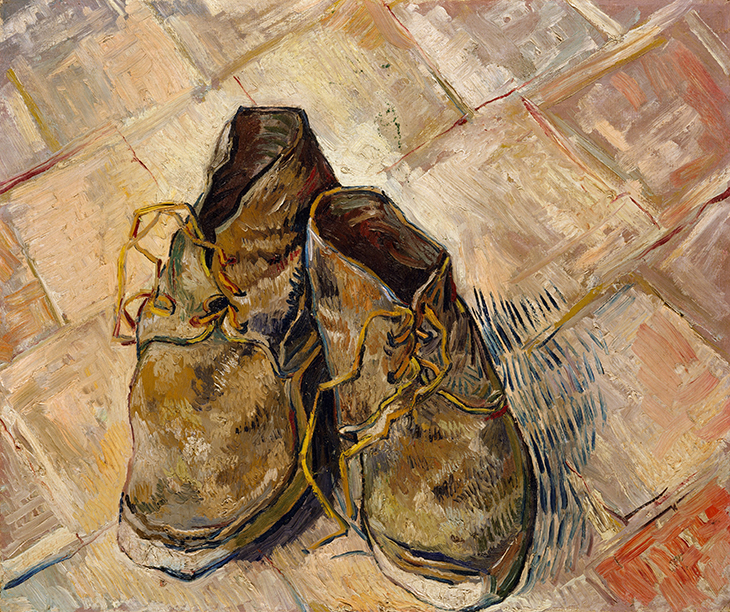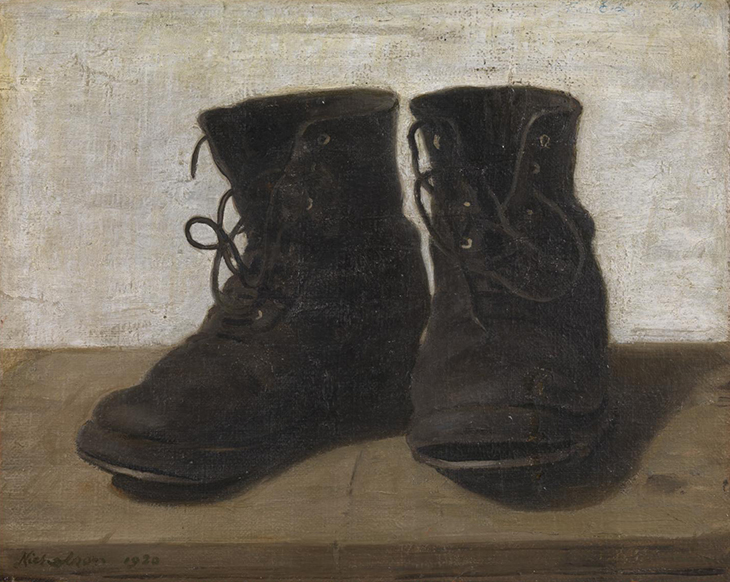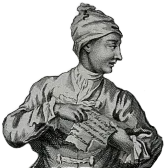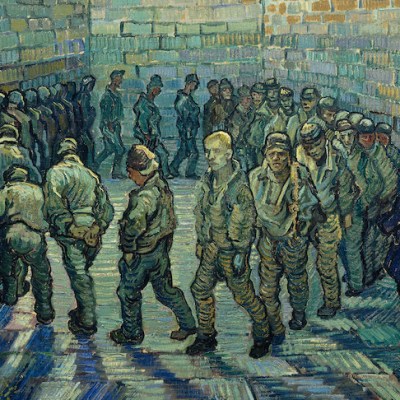Introducing Rakewell, Apollo’s wandering eye on the art world. Look out for regular posts taking a rakish perspective on art and museum stories.
It may be Rakewell’s prerogative to leave emotional destruction in his rakish wake, but despite that he’s not beyond glancing at the ‘Relationships’ section in the weekend rags. And he was interested to see that in her ‘Ask Philippa’ column for the Observer on Sunday, the psychotherapist Philippa Perry had some practical, art-related advice to give a heartbroken reader who was struggling to get over a breakup. As well as breathing exercises, Perry recommended ‘complicated mathematical problems, crosswords and other logical “right-brain” activities […] Another good distraction is doing a realistic, observed pencil drawing of your shoe. Don’t worry what the drawing looks like, but concentrate on the looking at the shoe, observing it, recording all the details. It will require your full concentration.’
For some, Perry’s advice may immediately summon images of her husband Grayson’s magnificent and myriad platform shoes; but for others, it’s Van Gogh’s various still lifes of scuffed footwear that will come to mind – painted during his Paris period (where it’s said he would buy cast-offs at the flea market, then stomp around in the mud until they were filthy enough to paint) and once during his time in Arles, where he revisited the subject in the summer of 1888, setting the old shoes on the terracotta tiled floor of the Yellow House.
Shoes (1888), Vincent van Gogh. Metropolitan Museum of Art, New York

Were they the artist’s own shoes, or those of Patience Escalier, whose Portrait of a Peasant Van Gogh painted around the same time? And was this consciously a therapeutic exercise as much as an artistic one? Whatever Van Gogh’s motivations, William Nicholson surely had his work in mind when he painted Gertrude Jekyll’s well-worn gardening boots in 1920 – a pictorial stand-in, if ever there was one, for the woman herself.
Miss Jekyll’s Gardening Boots (1920), William Nicholson. Tate collection. Photo: © Tate; CC-BY-NC-ND 3.0 (Unported)

Got a story for Rakewell? Get in touch at rakewell@apollomag.com or via @Rakewelltweets.




